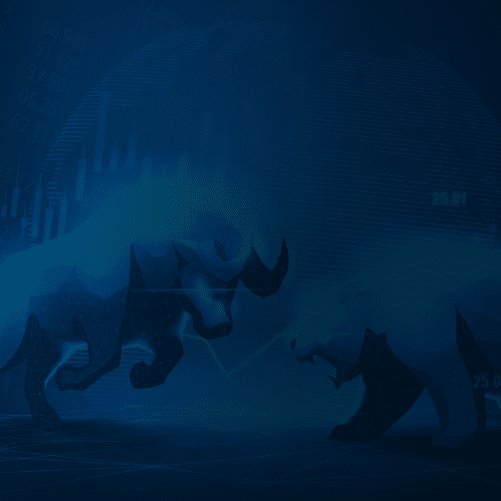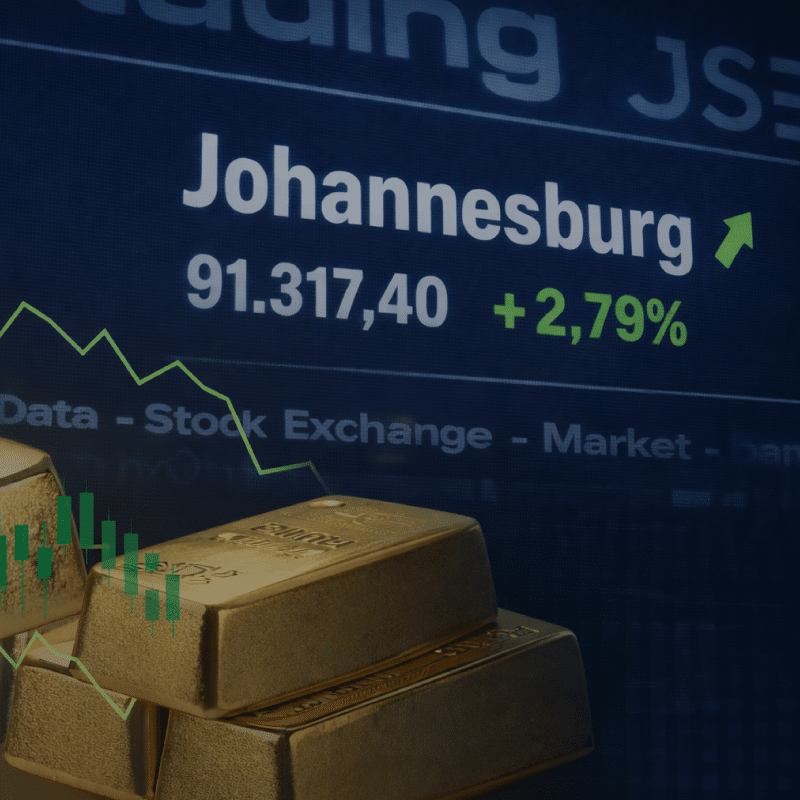There are few benefits to getting older. Now just one year away from a half-century, I cannot see what I am typing without a pair of spectacles. My lower back and hip joints take at least half an hour to get going every morning. My barber now takes all of 7 minutes to do what he used to need 25 minutes to do. Sadly, there is no discount for the 7-minute job.
Thankfully, there is also an upshot to getting older and that is with age we gain experience. Ideally, if we are pragmatic with the cards which life deals us, wisdom also increases proportionately with age. Life is hard and has many bumps and bruises. Along the way, we all face the inevitable disappointments, letdowns, and heartaches, which are part and parcel of being a human in this world. When these experiences get the better of us, the glass-half-full scenario starts to look only half empty, and every opportunity seems surrounded by traps and snares.
The world of finance and investments is a sector where the weight of experience is valued more than in most other industries. In our industry, 25-year-old CA CFA charterholders abound, but what would each of these prodigious talents have done with a spreadsheet of company results when the world was melting down in 2008? What makes so many of these talented investment specialists assess the same spreadsheets, hear the same management stories, and arrive at completely different conclusions?
I recall a conversation with Anchor CEO Peter Armitage in October 2015. Back then, Anchor was a small enterprise, where the entire company sat together in a single room. Pete sat on my right, and he had just come back from a management meeting with Anglo. The resource companies were imploding, their balance sheets were fraught with the risk that their debt exceeded the value of their assets. Anglo’s share price had plummeted from R377 in 2011, to R116 in 2015. Many were predicting that this number might go to zero. I asked Pete for his assessment of the meeting, to which he replied, “I think we are getting quite close to start buying.” I asked what gave him that impression, when all everyone else could see was the dire story of a company imploding. His answer: “my gut.” Of course, that answer was coupled with the fact that his 25 years in the market had given him the benefit of seeing cycles come and go. Every analyst in that meeting had access to the same spreadsheets, the same balance sheets, the same story from management. The differentiator came in what Pete’s intuition told him to make of the story.
We live in an interesting era where social media has handed a megaphone to the masses. We are now at the point of information overload, where it is almost impossible to discern anything in the noise. Most of the noise tends to follow the trend of the moment. The rand and SA assets are falling “sell everything”. Oil hits US$120/bbl, “buy oil companies as it could go to $200/bbl”. The Chinese government is going to turn all listed Chinese assets into state-owned enterprises “sell everything China-related”, and so it goes on. Sometimes, these commands appear to make a lot of sense but given the benefit of time, they rarely prove to be wise.
In the investment world, one can judge a fund manager by the performance of their fund/s. They might be very prolific on social media and sound intelligent from time to time, but a graphic line of their performance will quickly point to how wisely they have interpreted the information. Perhaps this is the reason why most fund managers tend to be more measured in how they take to social media.
The voices that dominate social media in the investment world tend to be those gregarious personalities who have an opinion on just about everything. Because they do not personally manage funds, it is easier to cover up an opinion that was wrong six months ago, with new noise about current affairs of the day. If there is a beauty to social media, it is that comments made remain in the digital archives forever, and a couple of scrolls into history paint a very telling story of how seldom most of these noisy characters were ever correct.
Back to Pete’s story of trusting his intuition. This, and other experiences with revered investment people of our time, inspired me to trust a bit more in my own 20 years of experience. In 2017, Naspers had almost doubled in value and, due to Naspers’ significant weighting on the JSE, all passive exchange-traded funds (ETFs) had significantly outperformed most active managers. The noise of the time was that it made no sense to pay an active manager a fee when you could get a better performance from an ETF at half the cost. I was concerned that many pensioners were going to switch to passive investments, and in so doing place 25% of their equity portfolios into one company (Naspers). This company was beholden to a Chinese government that, back then, was unclear about its motives. I wrote an article entitled Active vs Passive Investing in December 2017. Since December 2017, Naspers is down 37%, mostly due to Chinese regulations, while the FTSE JSE All Share is up 26% over the same period. There was no crystal ball. My 20 years of market experience suggested that jumping on this bus was not wise.
2020 was a year of huge market fluctuations, coupled with a significant move into clean energy and renewables. Global warming was finally front and centre, and there was significant global shareholder pressure on the dirty polluting companies. Clean energy heroes like Elon Musk grabbed all the social media headlines. Oil, coal, and energy companies became the enemy. The message screamed that it was time to sell everything you owned to buy Tesla and every other environmental, social, and governance (ESG) connected company. At the time, I wondered how realistic this was? Realising that SA could not turn off its coal requirements for at least a decade, I looked at the opportunity of considering Exxaro as a better investment opportunity than Tesla (see article on page 33 of The Navigator – Anchor’s Strategy and Asset Allocation, 1Q21 entitled, It’s the end of the world as we know it … dated 14 January 2021). Since December 2020 (when I wrote the article), Exxaro’s share price has soared by c. 80% vs Tesla’s c. 15% share price gain. There just did not seem to be enough investment wisdom being applied to the ESG story at the time, in my view.
I have made many unwise decisions in my life. No one can attest to that more than my wife and thankfully she is a lot more forgiving than social media. But that nearly half a century of life has taught me a few things. I am certainly grateful for the time I have had to gain those 25 years of experience which has, in turn, afforded me the confidence to trust my gut. Life’s experiences carry with them the potential to learn and gain wisdom if we choose to be open to learning. Choose wisdom and choose to partner with the wise around you. In marriage, in business, in friendships. There is so much in life to be gained.




